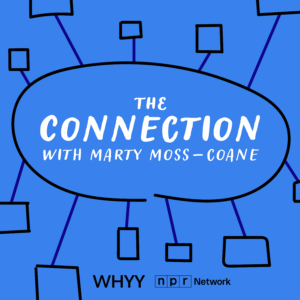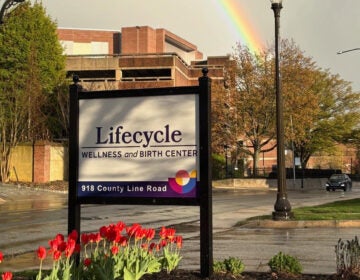Fawning and the dangers of people-pleasing
Clinical psychologist Ingrid Clayton used fawning as a coping strategy growing up in a scary home. It helped her in those frightening moments but came at a terrible price.
Listen 50:00
I’m sure you’re familiar with the fight-flight-freeze response — a psychological and physiological reaction designed to protect us from a threat or perceived danger. But there’s another “F” some psychologists want to add to the list: fawn. Instead of battling, running away, or dissociating, we please or appease the person who is trying to harm us, in order to protect ourselves. It may smooth over the trauma in the moment, but it comes at a terrible price.
Our guest this week knows fawning all too well. Ingrid Clayton is a clinical psychologist who used that coping strategy as a kid growing up in a scary home. Her stepfather was sexually grooming her, while her mother did nothing to protect her. She’s written a book about how she came to terms with her traumatic childhood and the patients she’s treated with similar experiences. It’s titled Fawning: Why the Need to Please Makes Us Lose Ourselves — and How to Find Our Way Back.
WHYY is your source for fact-based, in-depth journalism and information. As a nonprofit organization, we rely on financial support from readers like you. Please give today.






